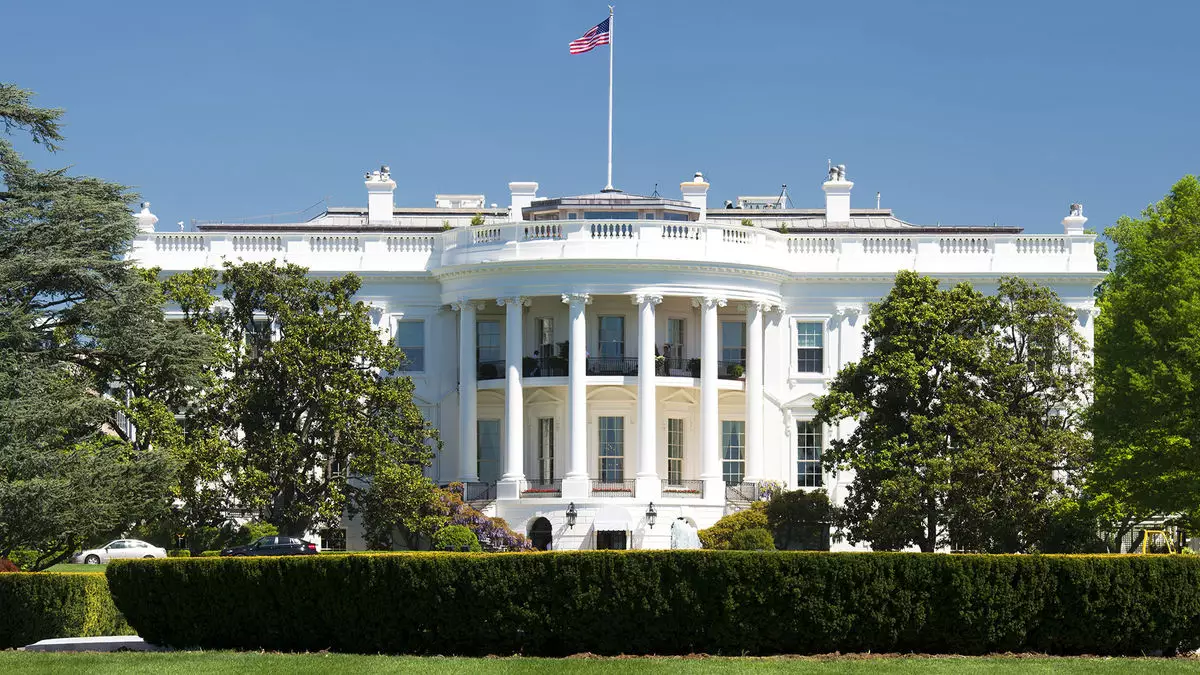The landscape of travel is perpetually shifting, and no two administrations approach the issues at hand in the same way. As the Trump administration prepares to return to power, the American Society of Travel Advisors (ASTA) is keen to ensure that the incoming leaders are acutely aware of the challenges facing the travel industry in contemporary America. With a delicate balance to maintain, ASTA has articulated its priorities through a detailed letter to President Trump, highlighting the critical areas that require immediate attention.
One of the most pressing concerns outlined by ASTA revolves around the potential for reinstating travel bans initiated during Trump’s first term. The original travel ban from January 2017, which prohibited entry from seven Muslim-majority nations, ignited intense backlash from a diverse coalition, encompassing industry stakeholders and civil rights advocates alike. The repercussions of such policies extend beyond ideological boundaries; they significantly impact tourism-related revenue and the perception of the U.S. as a welcoming destination.
Zane Kerby, the CEO of ASTA, warned that any fresh travel restrictions could inject a palpable sense of unease within an industry that thrives on stability. Travel is often described as vulnerable and reactive to external pressures, and revisiting these divisive policies would only deepen doubts both domestically and internationally. The 2017 ban created ripples across the industry, and its reintroduction could similarly deter potential travelers, ultimately leading to a downturn in inbound tourism—a significant sector of the economy.
Airline Ticket Refund Challenges
ASTA’s letter does not stop at travel bans; it raises urgent concerns about the financial strain placed on travel agencies due to recent rules around flight cancellations and refunds. A Department of Transportation regulation mandates refunds for canceled or significantly altered flights. However, many travel agencies often do not hold the financial sway necessary to cover these refunds, especially when purchasing tickets in bulk for groups.
Kerby articulated that without protective measures in place, many travel agencies face potential bankruptcy or severe limitation in their operations. The proposed amendments suggest that airlines should expedite their reimbursement processes, ensuring that agencies can refund their clients in a timely manner. In effect, this would address both uncertainties and financial risks tied to airline cancellations, and ensure that travel agencies maintain the trust of their customers without shouldering insurmountable financial burdens.
The Classification of Workers: A Legal Quagmire
Another focal point of ASTA’s correspondence pertains to the precarious classification of workers as independent contractors versus employees. With over 85,000 independent contractors in the travel industry, the ramifications of recent Department of Labor rules have left many agencies grappling with inconsistencies and confusion. In light of evolving standards, ASTA argues for a reversion to the earlier guidelines utilized during the first Trump administration, which effectively streamlined the classification process.
By advocating for clear, consistent classification standards, ASTA aims to reduce administrative burdens and enhance the practicalities of hiring practices in the travel sector. A unified standard across federal agencies could provide needed clarity, ensuring travel advisors and agencies can navigate the legal labyrinth without incurring excessive costs or uncertainty.
Issues surrounding consumer experiences also garnered mention in ASTA’s aspirations. The organization expressed discomfort with the Federal Trade Commission’s (FTC) rule regarding “junk fees” imposed by hotels, which places undue responsibility on travel agencies for inaccuracies beyond their control. ASTA seeks an exemption for intermediaries to avoid potential liability in instances where hotels provide misleading information.
Such regulatory frameworks must evolve to recognize the complexities of travel agency operations, especially as they relate to various business models. Moreover, ASTA emphasizes the need for better consumer protection measures that can accurately reflect the travel advisory experience without unfairly penalizing those in the industry striving to provide excellent service.
Building a Cooperative Future
Lastly, ASTA recommended the establishment of a Passenger Experience Advisory Committee within the Department of Transportation, which should include representation from travel agents. This step is viewed as vital in ensuring that the voices of those deeply entrenched in the travel advisory realm are included in policy discussions affecting aviation and travel.
The importance of establishing a proactive dialogue between the government and the travel industry cannot be overstated. As the new administration steps into a landscape still recovering from the shocks of the pandemic and prior policies, maintaining an open line of communication, informed by ASTA’s recommendations, is essential for a healthier, more resilient travel sector.
ASTA has emphasized the need for timely and thoughtful considerations around travel restrictions, financial regulations, and labor classification. Addressing these areas is crucial not only for the travel industry’s survival but also for reinforcing the United States as a welcoming and judicious player in the global travel market.


Leave a Reply